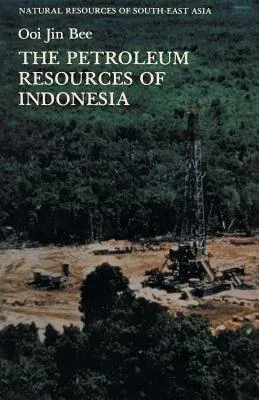Ooi Jin Bee
(Author)The Petroleum Resources of Indonesia (1982)Paperback - 1982, 3 January 2013

Qty
1
Turbo
Ships in 2 - 3 days
In Stock
Free Delivery
Cash on Delivery
15 Days
Free Returns
Secure Checkout
Part of Series
Natural Resources of South-East Asia
Print Length
256 pages
Language
English
Publisher
Springer
Date Published
3 Jan 2013
ISBN-10
9401179492
ISBN-13
9789401179492
Description
Product Details
Author:
Book Edition:
1982
Book Format:
Paperback
Country of Origin:
NL
Date Published:
3 January 2013
Dimensions:
21.59 x
13.97 x
1.47 cm
Genre:
Canadian
ISBN-10:
9401179492
ISBN-13:
9789401179492
Language:
English
Location:
Dordrecht
Pages:
256
Publisher:
Weight:
322.05 gm

